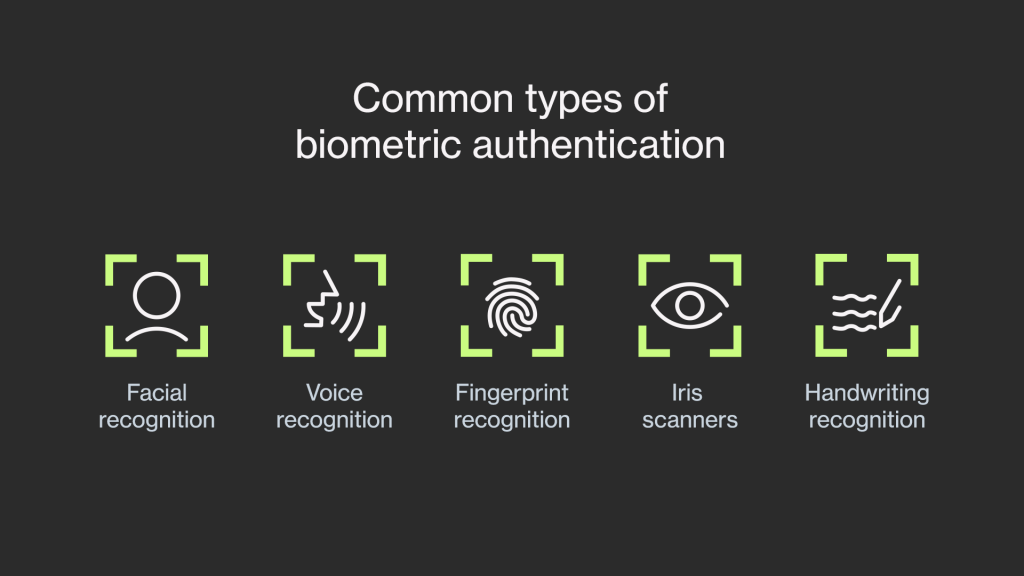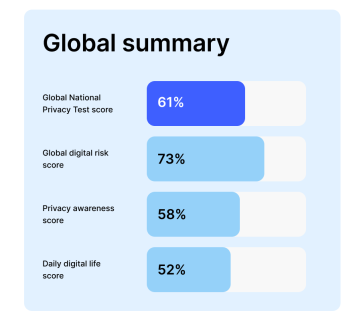Going digital has been the phrase going on around the country for some time now, with the Kenya government and organizations unveiling new technology solutions for their day to day operations, so as to provide Kenyans with fast and effective service.
In this same spirit, 2015 will see Kenyans have in their possession the long awaited digital national Identification Cards, and there after enjoy travelling out of the country with a digital Visa.
Come February, the Kenyan government will start the registry of digital national IDs for every Kenyan as part of its effort to enhance security by reducing cases of fraud and identity theft, as well as unlawful entry into the country by use of fake identity cards.
The digital ID will incorporate various information from the tax office, registrar of motor vehicles as well as the registrar of persons, all in one document.
After registration, issuance of the cards is planned to begin in October the same year for those who are already ID card holders, with new applicants to be issued with the new generation cards starting July 2016.
“In December of the same year, we will stop issuing the old IDs and the digital ones will become the way of life,” said Mwende Gatabaki, the director general Kenya Citizens and Foreign National Management Service (KCFNMS).
The director general said it was part of efforts to provide the country with a national identity platform that will be the cornerstone of the organization’s security strategy.
There will also be facilitation of the digital IDs service in homes for the elderly and disabled, and mobile units will be availed to those in remote areas across the country.
For the registration process, Kenyans will be required to visit the registration centres close to them in order to submit their biometric data including, fingerprints and their passport photographs to be recorded in a central database.
This will be a fast and effective process as it seeks to eliminate the bulkiness of paperwork that was used before by the registration body.
In the digital registry will be individual files containing personal information from documents like birth certificates, Personal Identification Number (PIN) certificates, title deeds and driving licences, which will all be scanned into the system.
The body said that there are plans to have the digital registry hosted virtually to enable individuals use their fingerprints for identification in places like banks.
Digital Visas, is the other project that is underway with KCFNMS being in liaison with foreign missions to come up with biometric visas for those travelling outside the country.
The plan to digitise visas will enable immigration offices in to have access to real time black lists from security companies across the globe.
KCFNMS also plans to extend the issuance of digital ID cards to foreign nationals and refugees residing in Kenya as well as digital work permits.
The project comes at a time when the country is working to help curb fraud risk, money laundering and terrorism in the financial sector as well as the illegal entry of terrorists into the country who cause unrest in the country, affecting economic development.
With the country expected to have completed its migration to digital broadcasting by June 2015, having necessary and vital information digitised will help the nation develop in all sectors as it will eliminate the bulkiness of Kenyans having to carry around many documents for identification.
The migration, initially set to begin in the third quarter of this year but experienced setbacks, will be rolled out through a public-private sector partnership model (PPP) for which the government has committed KSh1 billion.
Ms Gatabaki said the kick-off of the migration to digital cards and registry is estimated to cost about KSh3.5 billion.





